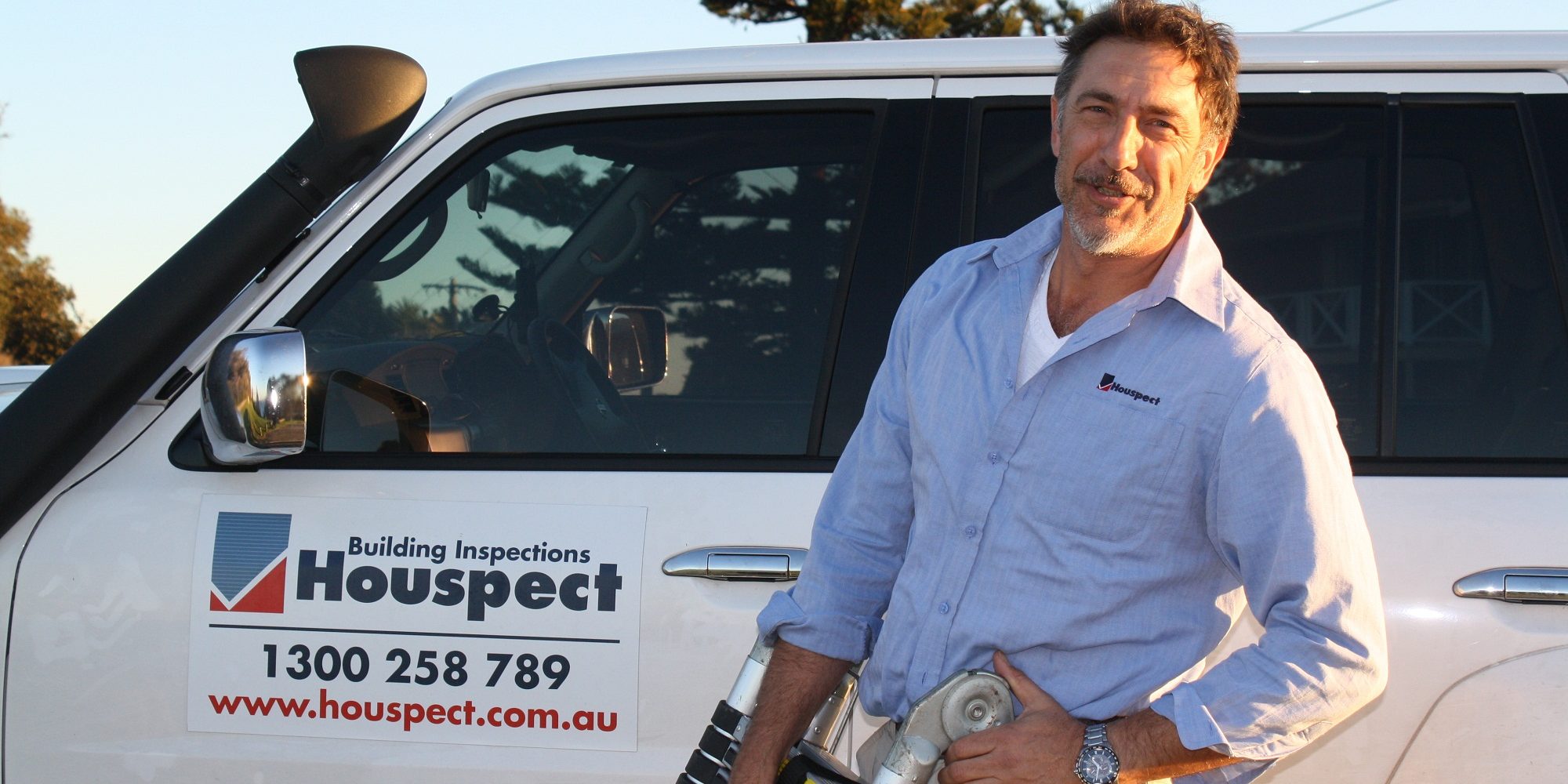When you have a building inspection, you want an inspector who knows all there is to know about structure, building materials, building regulations and laws. Hiring an experienced Building Inspector who is also a registered builder (Domestic Builder Unlimited = DBU) as a minimum will give you value for your money. Be aware of inspectors without Victorian Building Authority (VBA) registration, and also building practitioners who are rated Domestic Building Limited (DBL), which means they have a single trade such as a bricklayer or plasterer, etc, but do not have the license or responsibility level for the whole of a building project. An industry-licensed builder with inspection experience and training will give you the assurance of knowing that all reports are informed and accurate, and that any recommendations will both enhance and add value to your home.
Why a Registered Builder?
Registered builders, due to their experience in construction, provide you with an inspection report that is accurate and informative. All Houspect building inspectors are registered builders, and our customers can expect to receive a full inspection report, including recommendations, on the next working day after the inspection is conducted. As the inspector is a registered builder, he has extensive knowledge and on-site experience to rely on when providing an inspection for you.
How Are They Qualified?
If you are hiring a Building Inspector who has employment history as a registered builder – along with his Building qualifications, he may also have additional qualifications such as a Diploma of Building Surveying, Building & Construction. The inspector may also have further qualifications in other areas, such as architecture. Effectively, the inspector is bringing real-world construction experience in tried and tested building methods to your property inspection.
Fundamentally, a VBA-licensed builder comes with industry-recognized qualifications and experience, compared to inspectors who may be “certified” to carry out inspections under the banner of their company’s brand authorization, but this is not necessarily the same as industry licensing and registration. It is vital that the person on-site doing the inspection for you is the ‘real deal’ with industry-standard building registration and experience.
Inspections for New Builds
It is crucial that you receive accurate building inspection reports when considering a new build. An inspector with past experience as a (DBU minimum) registered builder using a wide range of materials, can provide you with all the information you need to determine whether the build is viable or not. When you are investing your time and money in developing a new property, you want to be absolutely sure that your investment is sound. Without the wealth of knowledge and experience that an industry-registered builder brings, you could end up with a building that is not fit for purpose or, worse still, poses a risk to life and limb.
Inspections Before You Buy an Established Property
There are a lot of buildings that on the face of it appear structurally sound. You may like the property and it meets many of your requirements for a residence or an investment, but you need to show due diligence via Pre-purchase Building Inspections (Building and possibly Termite Inspection). An experienced and registered builder will identify whether the original builders cut corners or skimped on materials. Sure, the building may hold out for a couple of years but the cracks will eventually start to show. It is better to find out the structural issues and any significant defects before you buy a property – and you can ask an experienced, registered building inspector about renovation ideas for the property. A registered builder/inspector will seek to highlight the issues for you so that defects can be rectified and the building is structurally sound and more importantly, safe.







